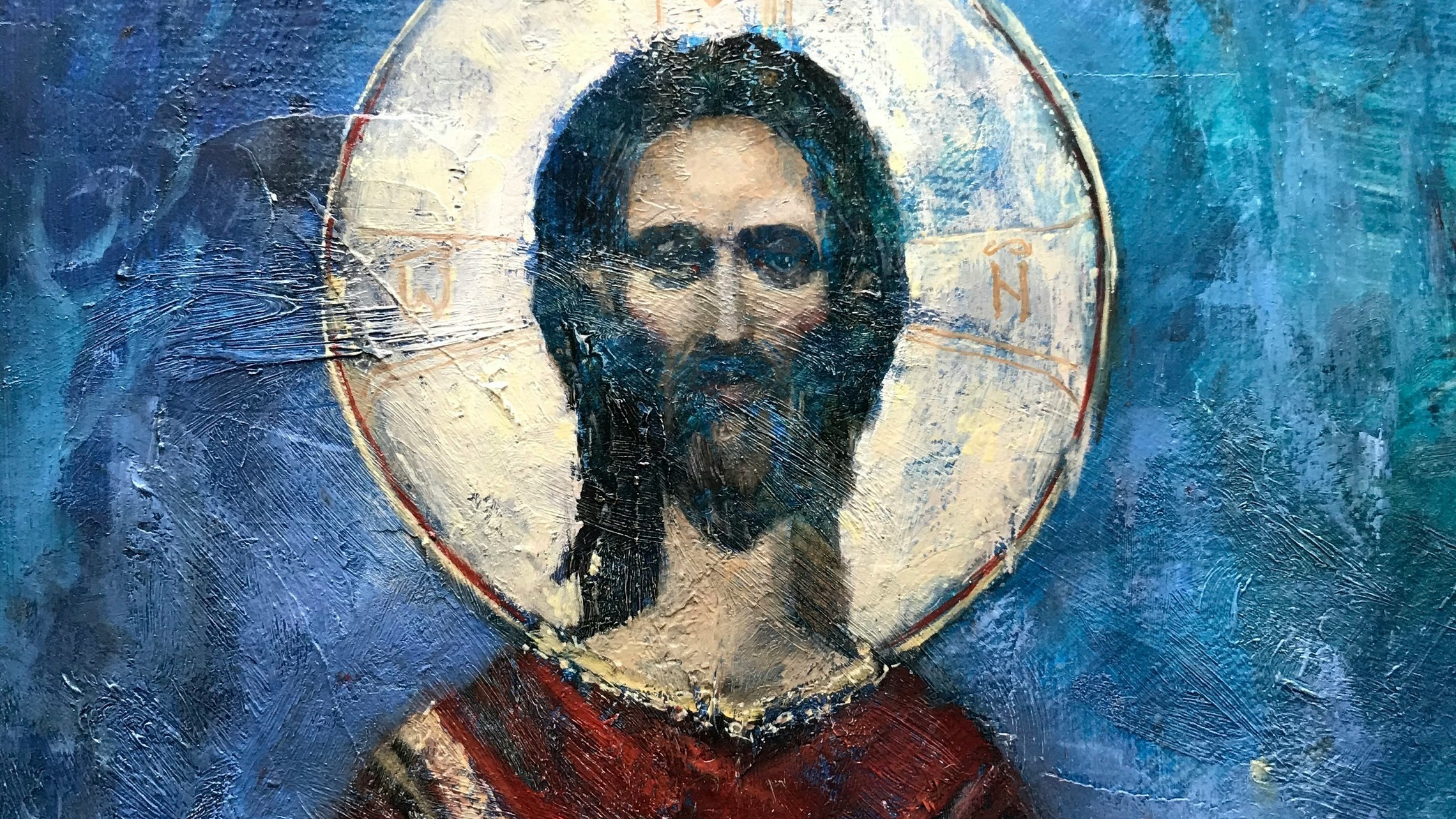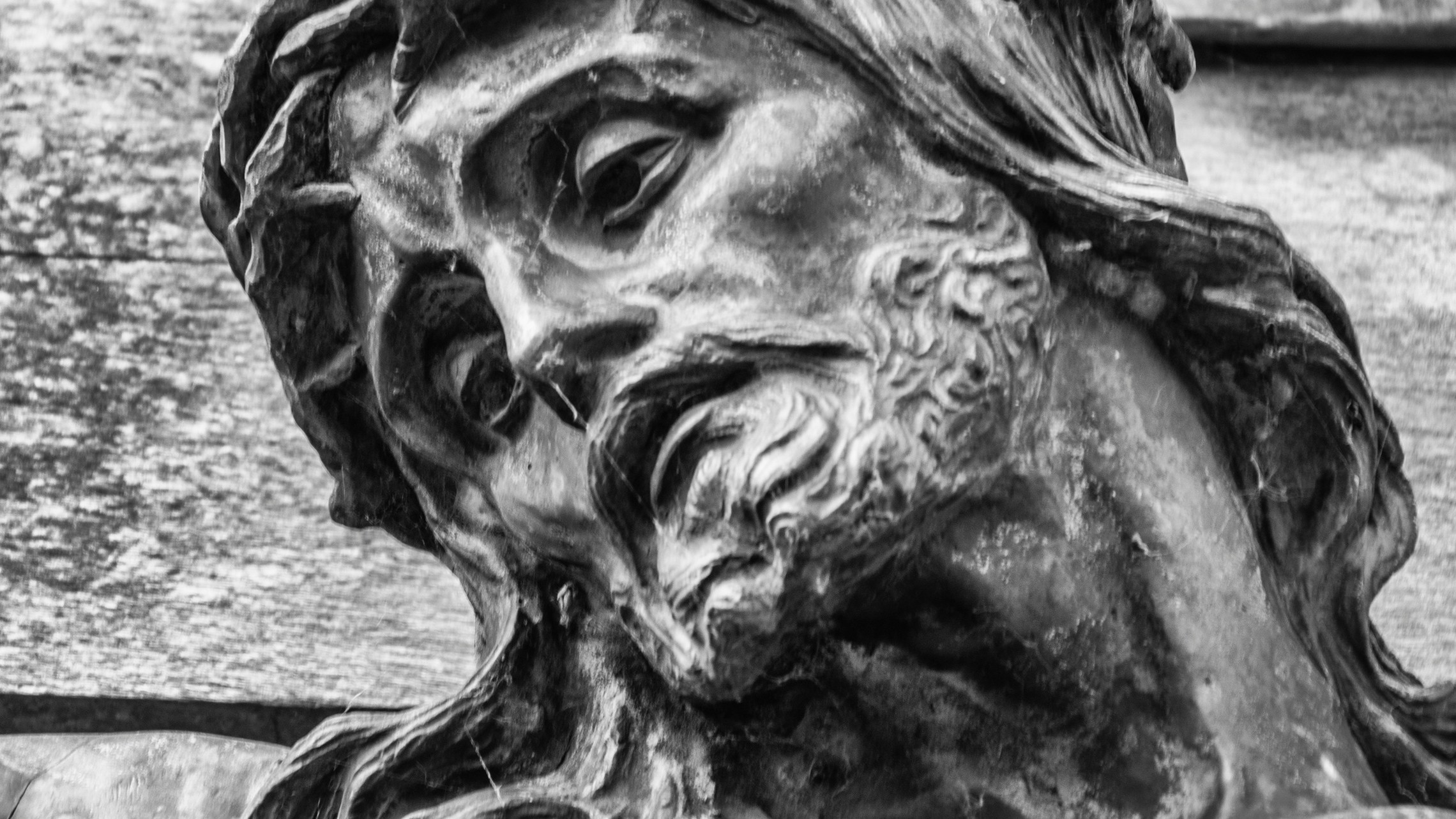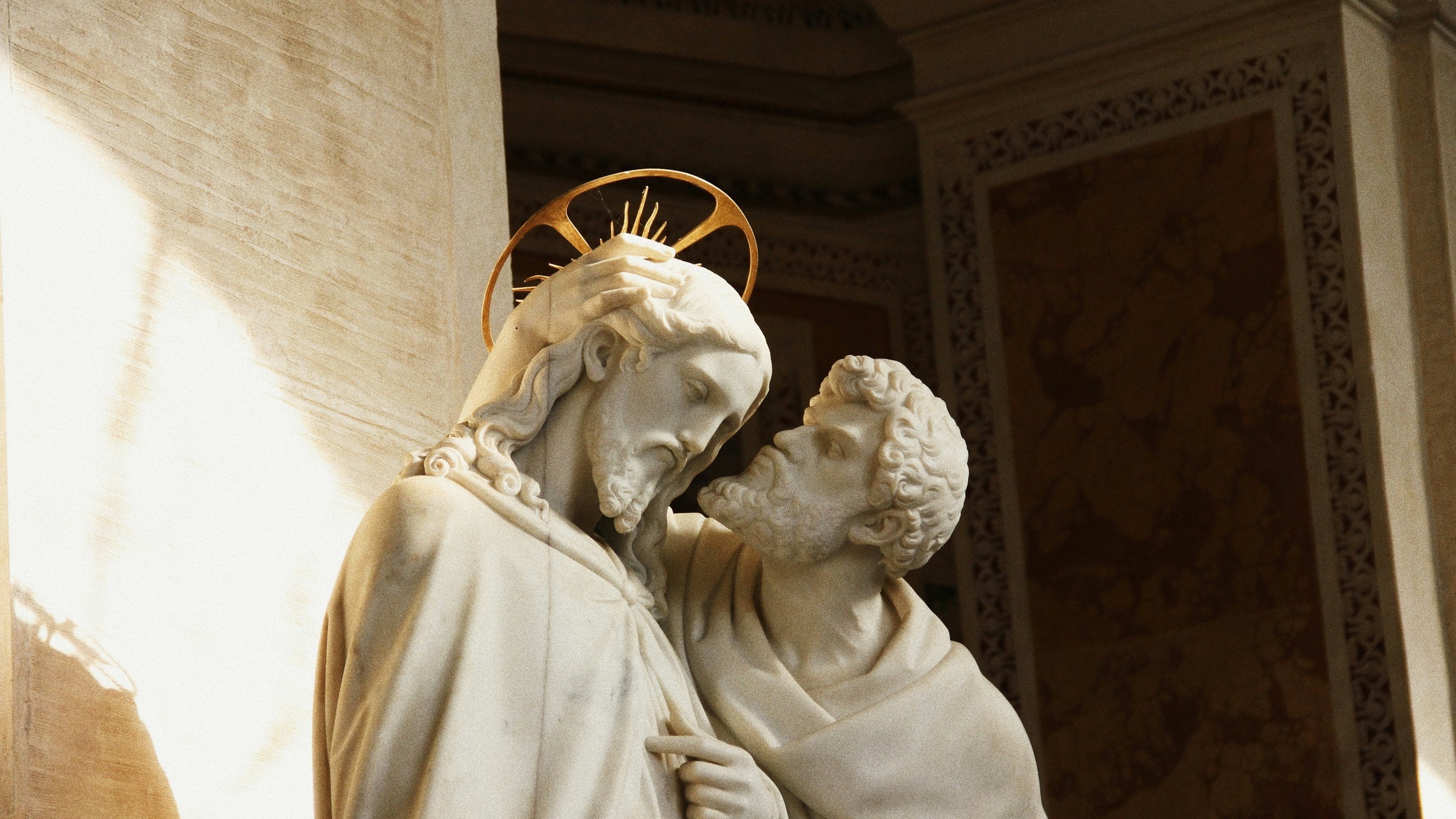
Awareness of your sins I argue is perhaps one of the most valuable charisms a person can possess. The ability to renounce sinful behavior and embrace an active relationship with Jesus Christ is what St. Paul would describe as the way not be conformed to this world but instead be transformed by the renewal of your mind, that you may prove what is the will of God, what is good and acceptable and perfect.[1] The first time my youngest daughter recognized that she had committed a sin, there was a very long drawn out pause, her face in disbelief and her eyes swelling up at the very thought that she had just offended God.
It was important that my daughter understood three things, first, Jesus came to save us from our sins, two, sin has no authority over her through the grace of Jesus Christ in the sacrament of confession, and finally God will never stop loving her, even if she sins. The last point is very important because when someone begins to develop an initial relationship with God, a sense of trust is one of the first things that is to develop between God and man. Abraham trusted the Lord with respect to Isaac, Moses trusted the Lord in the deliverance of Israel from the bondage of sin and death. David sought the Lord’s forgiveness after his sin of fornication and trusted in the Lord’s love and mercy.
The desire to see and receive God’s love is one of the chief desires of man. The Catechism of the Catholic Church describes this relationship in the following way:
Desire for true happiness frees man from his immoderate attachment to the goods of this world so that he can find his fulfillment in the vision and beatitude of God.[2]
The Penitential Rite
One may not consider the penitential rite as an opportunity to ponder what would God do when you sin, but the rite itself offers the penitent an opportunity to freely admit before God that he is a sinner and embrace reconciliation with Him. In a certain sense the rite introduces an examination of conscience within the celebration of the liturgy.
When the penitential rite is prayed during the liturgy, it serves as a public acknowledgement of our own sinful faults and provides an opportunity to seek the intercessory assistance of the Blessed Mother Mary the perfect model of obedience, the angels who guide us, the saints who provide a witness of authentic faith, and finally our fellow brothers and sisters in Christ to pray that we may never fall into spiritual disarray again.
God created us without us: but he did not will to save us without us. To receive mercy, we must admit our faults. If we say we have no sin, we deceive ourselves, and the truth is not is us. If we confess our sins, he is faithful and just, and will forgive our sins and cleanse us from all unrighteousness.[3]
Let’s keep in mind that is much easier to listen and adhere to the Word of God without the temptation of sin swirling in our minds. This is why the penitential rite is the perfect remedy to prepare to receive the proclamation of the Gospel and the go forth to proclaim the Gospel to all nations.[4]
What does God do when I sin?
If the aftermath of the first sin committed against God’s love is any indication, He will still love His children and care for them because He is the Father of love and mercy. He is also the Father of grace as He provides us opportunities to mature in love with Him. We cannot forget that sin is an offense against God. It sets itself against God’s love for us and turns our hearts away from it.[5] However, God’s love and mercy destroys sin;
The Catechism reminds us:
God who creates and conserves all things by His Word, provides men with constant evidence of himself in created realities. And furthermore, wishing to open up the way to heavenly salvation, he manifested himself to our first parents from the very beginning. He invited them to intimate communion with himself and clothed them with resplendent grace and justice.[6]
As a collective whole, Israel failed to heed the Lord’s commandments, whether worshipping the golden calf or complaining about not having enough to eat, and even Moses questioning God’s power and mercy with respect to feeding His children. Through all these events, God still exercised his authority by forgiving the sins of his children and providing them with an opportunity to repent and follow him through the Law-The Ten Commandments as revealed in the book of the prophet Jeremiah.
The single-most loving act that God did to address humanity’s sin was to become man through His only-begotten son Jesus Christ. In Jesus we encounter the full affect of God’s love and the lengths He was willing to express this love through the scourging, crucifixion, and death of Jesus for the salvation of humanity’s sinful appetite. As St. John reminds: He so loved the world that he gave his only-begotten son, that whoever believes shall not perish but have eternal life.[7]
Let us not forget the words of St. Paul:
where sin increased, grace abounded all the more.[8]






